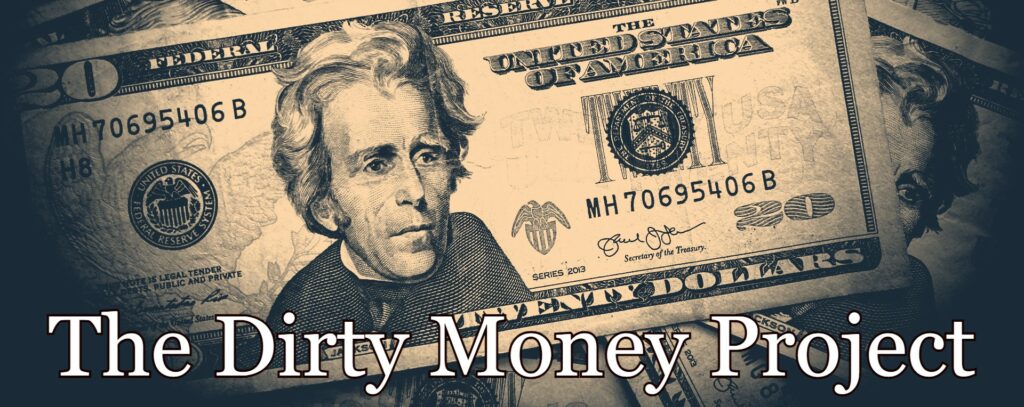PAC attack: U.S. Sugar, Florida Crystals gave more than $26 million to PACs since 2018
PAC attack: U.S. Sugar, Florida Crystals gave more than $26 million to PACs since 2018

“Dirty money” to dirty politicians means dirty water. But what happens when the “dirty money” — campaign cash from polluters — goes instead to PACs, political action committees?
As part of our “Dirty Money Project” we wanted to find out; so VoteWater has partnered with the Jacobs Public Interest Law Clinic for Democracy and the Environment at Stetson University to dig into the details — and we’ve already found some very interesting tidbits.
We wanted to know how much polluting industries like Big Sugar have given to PACs over the past few election cycles, beginning Jan. 1, 2018 through the end of December 2023. Contributions to individual candidates are capped at $1,000 per donor per cycle; but there is no limit on how much a donor can give to a PAC. As such, many legislators have their own PACs to Hoover up the money, then dole it out as they see fit. Likewise, big PACs get funding from many different “dirty” sources, and spread that money around very efficiently to keep polluters and their favorite politicians in power.
We’ll be digging into more “dirty” contributions and more PACs as we go forward, but the initial results were striking. Since Dec. 1, 2018, here’s how much a select group of these “dirty” players have doled out to PACs:
- U.S. Sugar: $13.7 million
- Florida Crystals: $12.6 million
- Sugar Cane Growers of Florida PAC: $137,992
- The Mosaic Company: $1.6 million
- NextEra Energy: $6.7 million
- TECO Energy: $6.9 million
- Duke Energy: $2.9 million
- ABC of Florida: $776,353
Who’d the money go to? You’ll be unsurprised that many of the biggest recipients got contributions from multiple polluters. Atop the list was the Florida Chamber of Commerce PAC, which got money from 9 different “dirty” sources we’re tracking. The Associated Industries of Florida PAC got $6.2 million from dozens of sources, including at least 7 we’re tracking. And the Voice of Florida Business PAC got $5.1 million, much of it from six sources we’re tracking.
We previously identified all three of these PACs as part of a group of committees that gets big funding from Big Sugar. These PACs then dole out money to political candidates, or other PACs, in an often-successful attempt to buy influence.
And you want to know why our water’s in such bad shape? That’s why.
There’ll be much more to come on this topic when we publish our full report this summer — so stay tuned.


